Many consumers choosing crab from Yangcheng Lake in Jiangsu province in preference to common crab, or Roquefort instead of other types of blue cheese, consider the geographical sources of such produce when making their purchases.
Pu'er tea from Yunnan province, Wuchang rice from Heilongjiang province, Cognac from France and feta cheese from Greece are other examples of well-known names in China and Europe associated with products of a certain nature and quality because of their place of origin. They are known as GI, or Geographical Indication, products.
Geographical Indications help meet consumers' growing demand for information about the products they purchase by identifying those that originate from a specific area, and which have characteristics essentially attributable to their source of origin.
He Yuxiang, head of an agency that promotes Iberian ham in China, said: "Put simply, I think GI products can be understood as local rural specialties whose quality is guaranteed. For example, Iberian ham is one such specialty from a designated area in Spain where the pigs are fed, and the hams are processed."
In China, the protection of GI as a type of intellectual property can be traced to 1985, when the nation joined the Paris Convention for the Protection of Industrial Property.
Four years later, the State Administration for Industry and Commerce issued an administrative decree to protect Champagne from being misused as a generic term for a type of sparkling wine on Chinese markets. This was a milestone event in China regarding administrative protection related to GI.
Supervision of GI in China used to be the responsibility of a number of ministries, but after several rounds of institutional reforms by the State Council, the China National Intellectual Property Administration is now the main department responsible for such protection.
Hu Wenhui, deputy head of the administration, said, "GI protection bears great significance in terms of guaranteeing the characteristics of China's specialty products, improving their market competitiveness, and promoting global trade."
To accelerate the introduction of unified legislation, the administration also drew up a series of regulations to provide more detailed rules for the registration, use and protection of GI products. These regulations are due to take effect on Feb 1.
Data from the administration show that by the end of June, China had certified 2,498 GI products, 80 percent of which are agricultural and forestry items or food. In addition, more than 25,000 business entities have been authorized to use special GI symbols. Last year, the direct output value of China's GI products surpassed 800 billion yuan (about $112 billion).
John Clarke, former director-general of international relations at the European Union Directorate-General for Agriculture and Rural Development, said China's work to reform its GI system was one of the main reasons the EU and China were able to sign a landmark agreement on GI protection in 2020.
The deal, which took effect on March 1, 2021, was the first comprehensive and high-standard bilateral agreement on GI negotiated between China and foreign countries.
China and the EU were each other's second-largest trading partner in 2022. Statistics from China Customs show that the bilateral agri-food trade between the two sides that year amounted to $30.56 billion.
The reciprocal deal aims to provide high-level GI protection from both sides, effectively prevent the counterfeiting of GI products, and ensure that consumers enjoy genuine and high-quality goods.
Clarke, chief EU negotiator for the agreement, said many well-known European and Chinese names are stolen by imitators. "On the European market, you will see several producers of what is said to be Longjing tea hailing from New Zealand or Chinese Taipei," he said.
Similarly, on the Chinese market, there are amounts of fake Bordeaux, Cognac, feta and other types of cheese, he said, adding, "This agreement helps stop that."















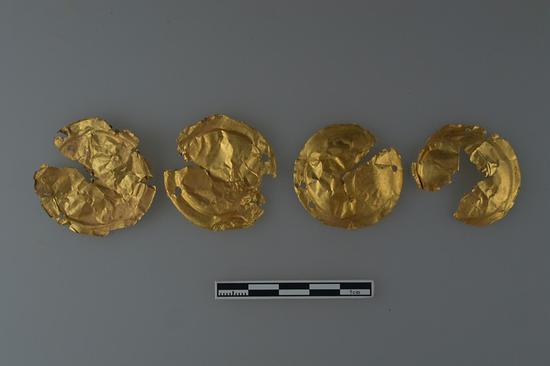



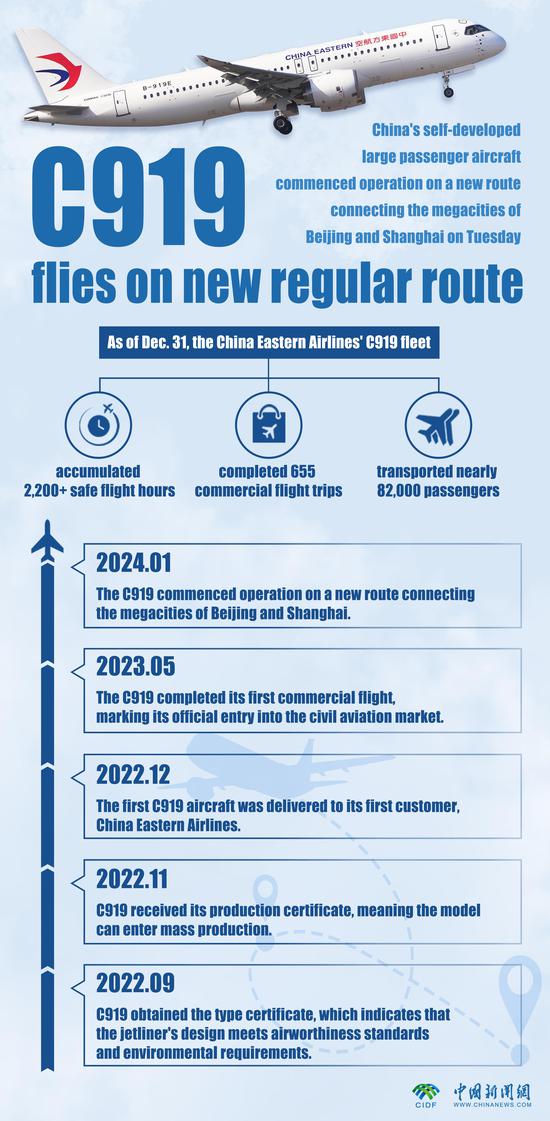







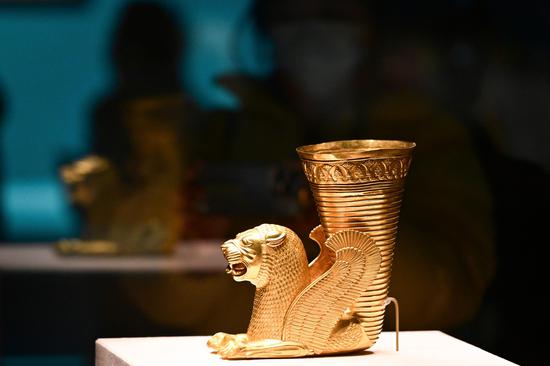
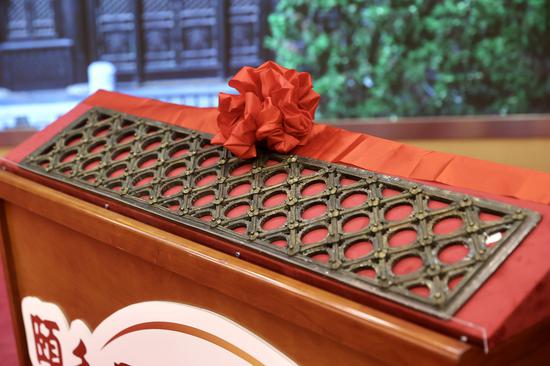
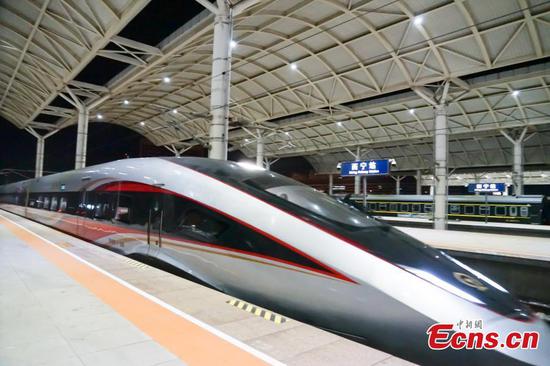



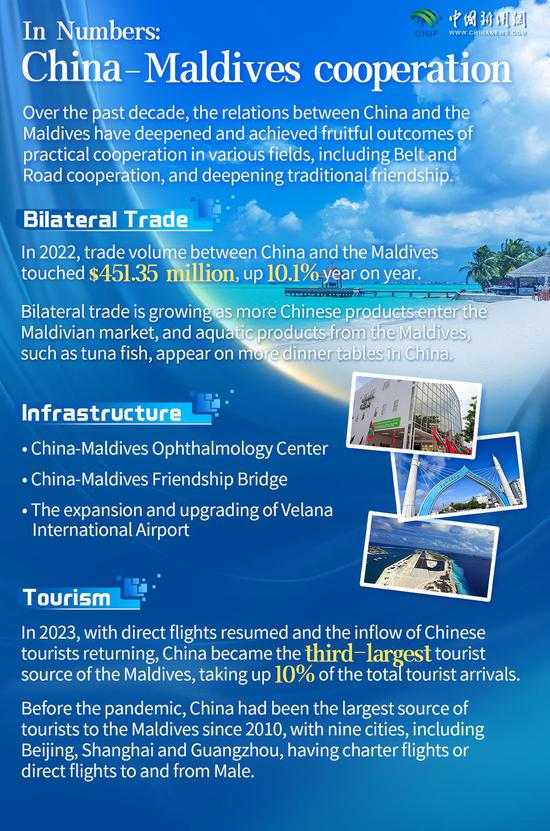
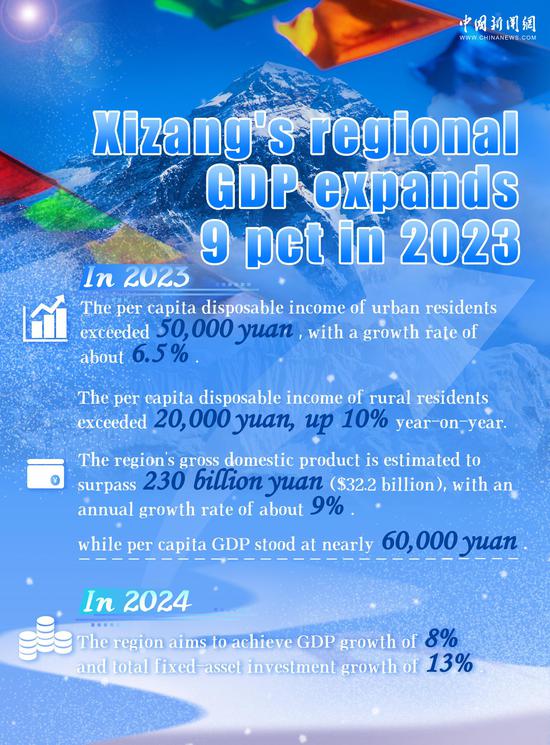
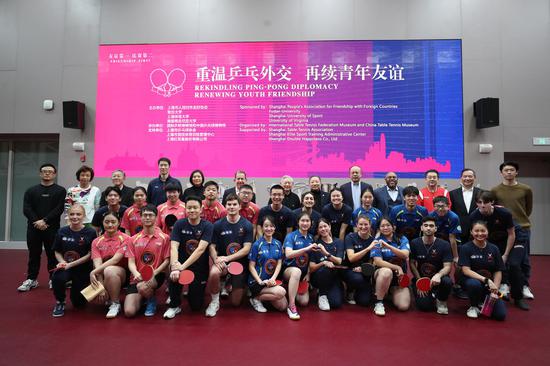




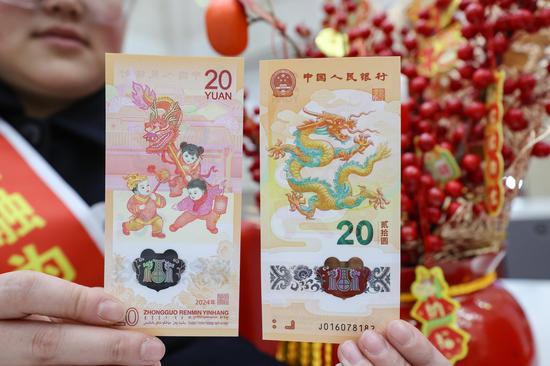
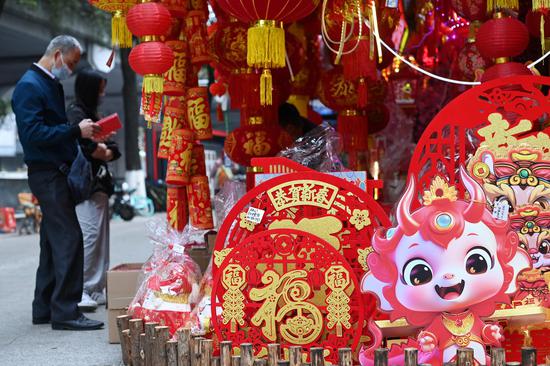

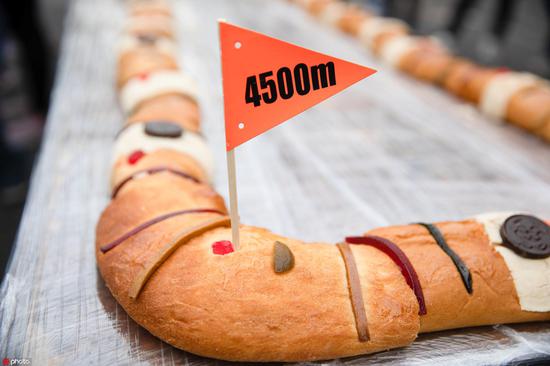






 京公网安备 11010202009201号
京公网安备 11010202009201号